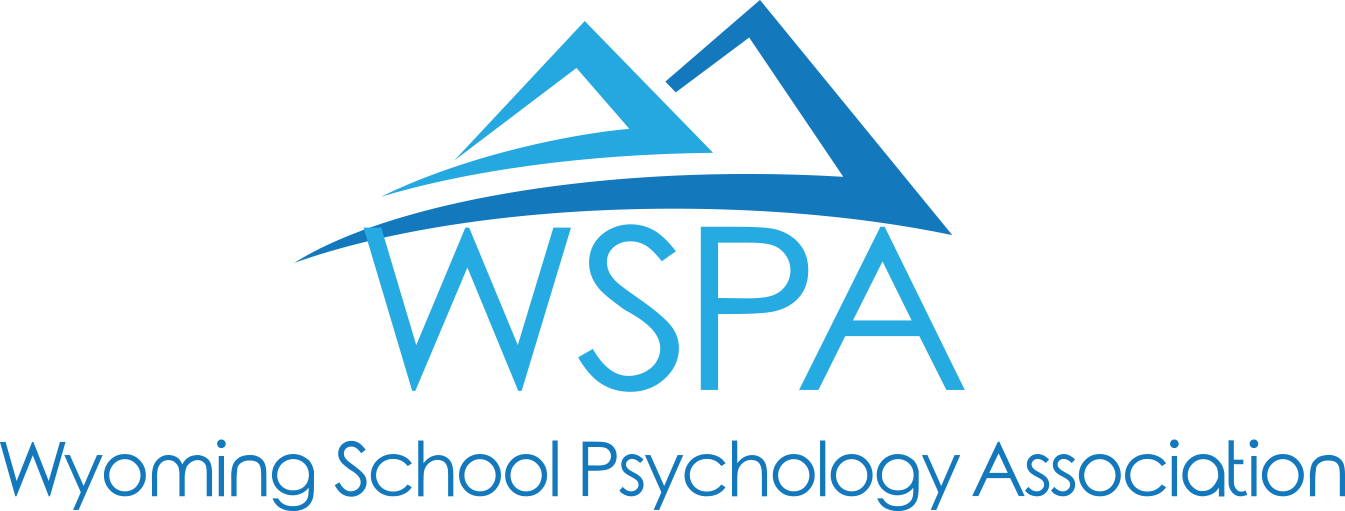***Post written by Howard Wakkinen, Graduate Credit Chair for WSPA***
It was many years ago that I ran track. I was usually more of a 100 meter or 200-meter sprinter, but on occasion, my track coaches would have us all partake in the opportunity to run the 400-meter race. In the 400m race, a runner starts the race fast almost with a full sprint (similar to how we school teams begin any given school year). This first 100m of the 400m is often the second fastest 100m split in the race (with the fastest being the last 100m). A good 400m sprinter purposely slows down slightly and maintains a more bearable pace during the second and third 100 meters of the 400m race (similar to school teams who find a good pace and maintain a consistent effort during the 2nd and 3rd quarters). This slightly slower but consistent pace during the second and third 100 meters is more comfortable than both the first and last 100 meters in the race. However, that “comfort” quickly leaves when a sprinter is rounding the last turn in a 400m race and he/she must find a new gear to make the last 100 meters of the race the fastest he/she has run. This strong finish (or lack thereof) makes all the difference in placing and standing on the podium to receive a medal or not.
Similarly, it is that time of year when we (school teams) are approaching the last turn (4th quarter). With some students, we have seen great progress. With other students, progress may be minimal, and we may be tempted to frantically try to sprint to the finish line. Before we begin sprinting, let us remember that how a kiddo feels about school most definitely impacts her/his overall progress. We cannot force students to drink from the water trough, but rather we can guide them to the water and teach them the “why” or the importance behind partaking of the water. I feel like we oftentimes forget the relevance piece of what we are teaching – If students cannot find meaning or relevance in the topic at hand, then they likely will not be invested in the learning activity. Whether the subject is reading, writing, or math, let us be sure to help our students know and understand the process behind what they are learning and when they might utilize the information. So, when our students have made minimal gains, let us go back to the drawing board and include them in their goals in order to help them find relevance and meaning in what they are working on.
Another important item to remember (more important than anything else) as we round the last turn of the school year is that we must continue to deliberately and purposefully build relationships. We have had about three quarters (approximately 27 weeks) with our students up to this point in the year and probably feel like we know them fairly well. As adults, perhaps we are at new schools and have been building these relationships with colleagues as well. What else can we do to connect more meaningfully with our students/colleagues after almost 27 weeks? Do we know their “home situations”? Do we know their preferences, likes, and dislikes? Do we know what they want to be when they grow up (yes, that includes the adults too ;)? Do we know who their friends are and what extracurricular activities they are involved with? We have the choice to constantly be establishing, maintaining, and restoring relationships. As our efforts to build/maintain/restore relationships become a daily focus, students will make more progress and teams will become more efficient.
Now is the time to determine if we are on track to finish the school year on the path we want to be on. We have the choice to find that new gear and finish strong as we focus on helping our students find relevance in their education and continue to build positive, meaningful relationships. Let us review our teams’ and students’ goals in order to drive us to sprint like we have not yet sprinted before during this school year. We all know that we are in the business of changing students’ lives for the better. It may sometimes feel like that last 100 meters within a 400-meter race, but if we remain student/people-focused, we will reach our goals and positively influence our students, teams, schools, and communities.
Discussion questions:
What changes and/or additions do you make to sprint the fastest during the 4th quarter?
What specific practices help you (and your teams / teachers) find relevance in learning activities from day to day?
What practices do you and your teams engage to constantly build positive relationships with students (and one another)?
What does your school do regularly to celebrate successes (what does your school’s end-of-the-year celebration look like)?

Recent Comments